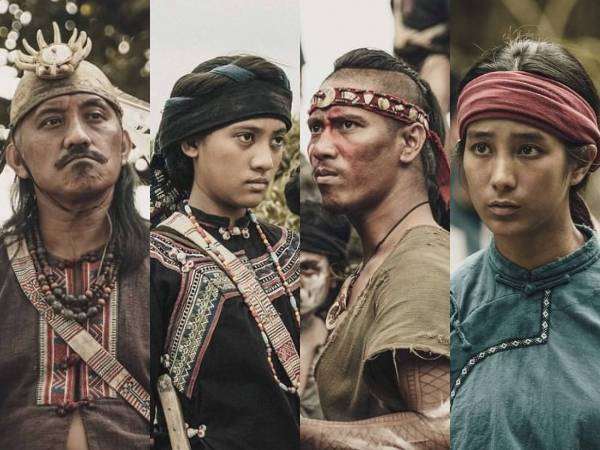The Rukai are divided into these four classes, traditional leaders, nobles, nobles, and commoners. The Paiwan people are divided into five classes, traditional leaders, wizards and priests, gentry, and commoners. The class systems of the Paiwan and Rukai are similar, and the rights of each class are different. The traditional leaders and nobles have higher social status, while the nobles are between the nobles and the common people.
asscl power
-

Different identities have different dresses -
The traditional leaders of the Rukai and the aristocratic society have more land resources, and have the right to collect land and forest taxes from the tribe, as well as totem tattoos on the body and carvings on houses. The gentry class is a commoner with outstanding achievements or special talents, and has special rights granted by traditional leaders, such as tax exemption and wearing wreaths. The traditional leaders and nobles of the Paiwan ethnic group can not only have head tattoos and hundred-step snake patterns on their bodies, but also have more land resources, and can collect land and forest taxes from the tribe. The houses of traditional leaders and nobles are not only spacious, but also can be decorated with carvings. The gentry class has some special rights compared to the common people, such as tax exemption and the use of some names. Commoners, on the other hand, gained the favor of traditional leaders and tribes through the performance of personal achievements.



























